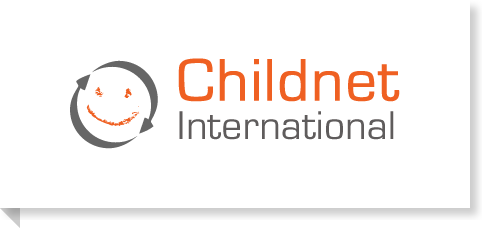Internet safety
eSafety
The internet can be a risky place, but, if accessed with care, it can produce boundless fun and enhance knowledge.
At St Mary's we employ a high level filtering system to try to keep at bay unsuitable websites and inappropriate content. All members of staff are required to sign an acceptable use policy which explains exactly what is tolerated and what is not.
As a parent, what can you do?
There are several websites offering support to parents and carers. There are links to two below.
Child Exploitation and Online Protection agency - CEOP
The Child Exploitation and Online Protection Centre (CEOP) is a part of the National Crime Agency and it works across the UK and overseas with child protection partners to identify the main threats to children and coordinates activity against these threats to bring offenders to account.
CEOP aims to protect children from harm online and offline, directly through NCA led operations and in partnership with local and international agencies.
There is plenty of information from CEOP about the safe use of the internet. We can never be too sure about what our children can be exposed to, at times, quite inadvertently. This site has good advice on safe use of the internet.
Come in to find the latest information on the sites you like to visit, mobiles and new technology. Find out what’s good, what’s not and what you can do about it. There information for everyone of any age.
If you’re 5-7 follow this link: -
If you’re 8-10 follow this link: -
Or, if you’re over 11 follow this link: -
ChildNet
Taken from its website Childnet describes its mission as to work in partnership with others around the world to help make the internet a great and safe place for children.
Childnet works directly with children and young people from the ages of 3 to 18 on a weekly basis, as well as with parents, carers, teachers and professionals, finding out about their real experiences online, and the positive things they are doing as well as sharing safety advice.
The link below takes you to the section on advice for parents and carers.
Social Media
Children go on-line at a younger and younger age and one of the allures are social media websites like Facebook, Twitter, Badoo, Bebo, MySpace, SnapChat etc, etc. And there are many, many more.
Parents and carers need to be aware of what children are doing on the Internet or, rather, what they are being exposed to on the Internet.
The most popular and most successful social media website is probably Facebook and one of the rules of Facebook is that children must be 13 years old to open an account; however there is no requirement to provide any age or identification verification before opening one.
This really does mean that anyone of any age can open up a Facebook profile, with or without a parent’s or carer's permission. That's not to say that any of the others do anything differently. As a parent or carer of a child it's down to you to successfully manage your child's access to these sites. Remember Facebook is not breaking the law.
Here is an extract from Ofcom's 2015 Children and Parents: Media Use and Attitudes Report
Parents of children aged 3-4 or 5-7 who go online, and children aged 8-11 or 12-15 who go online, were prompted with a description of social media and were asked whether the child had a social media profile or account on any sites or apps. The questions asked in 2015 continued a change in approach that was introduced in 2014; parents and children were previously asked about ‘social networking sites’ rather than ‘social media sites or apps’. Very few parents of children aged 3-4 (2%) or 5-7 (3%) who go online say their child has a social media profile. Nearly a quarter who go online aged 8-11 (23%) and three-quarters who go online aged 12-15 (76%) have a social media profile. Measures for each age group and across all aged 5-15 (40%) are unchanged since 2014.
The full report can be accessed following this link: Ofcom's 2015 report
Peter Davies, chief executive of Child Exploitation and Online Protection Centre, said that half of all child sexual exploitation takes place on social networks. British children were being “harvested” by foreign abusers who were getting access to children in their homes over the internet.
He told MPs in the House of Commons: “It is not uncommon to encounter situations where offenders in one country will target and harvest victims in a completely different part of the world.”
Mr Davies said that half of all online child sexual exploitation was taking place over social networks
So you know Facebook is one of those sites which is inaccessible in school because of our filtering system


